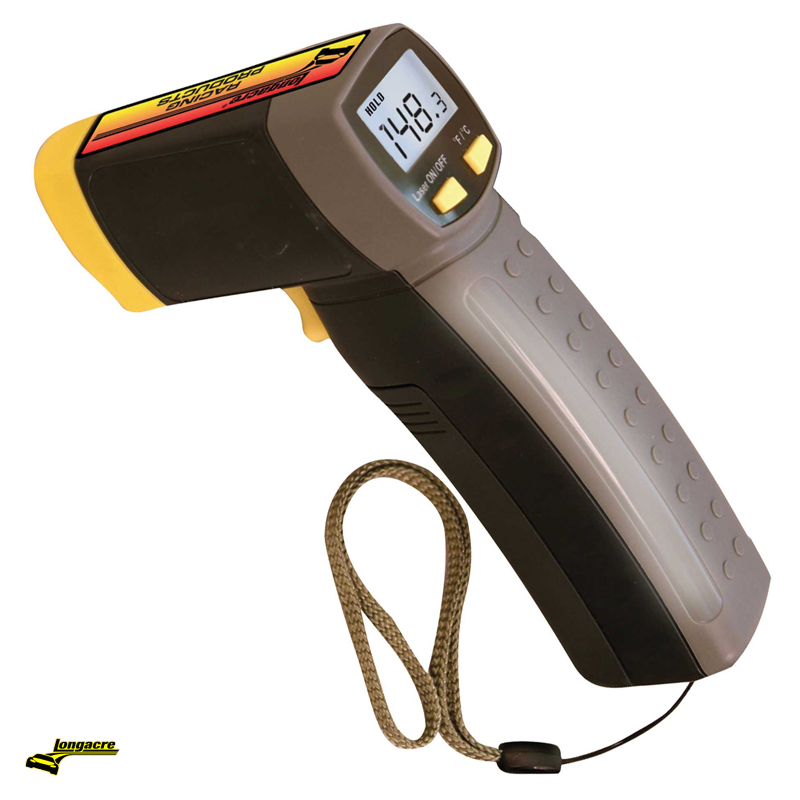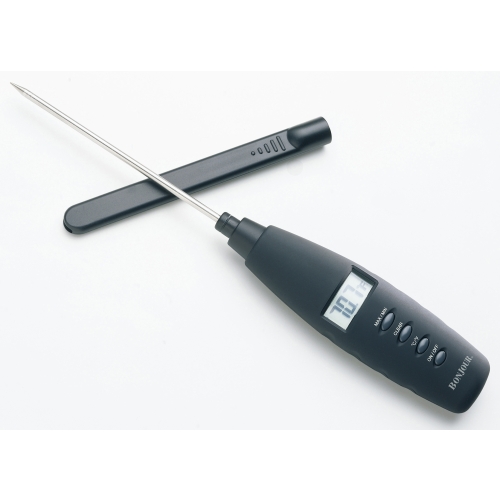There can be few experimental scientists who haven't microwaved an egg to make it explode (if you have never done this shame on you :-). The reason it explodes is obvious, though I've never seen any detailed experiments measuring temperature and pressure inside the egg as it's heating. I can see that it would be hard to persuade the various research councils that this is worth funding.
The egg explodes because the water inside it boils and increases the pressure. Eventually the increased pressure ruptures the shell and the egg bursts. You specifically ask about the temperature. Obviously the temperature has to be above 100°C otherwise the water won't boil and the egg won't burst. However in the absence of any detailed experimental measurements it's hard to say any more.
Many, many years ago a group of we graduate students spent a Friday afternoon microwaving eggs (isn't it good to see your taxes are being well spent?) to see what happened. We found a lot of variation: some eggs just split while others burst with a real bang. I would guess that the best explosions come when you manage to superheat the water in the egg. Then when the steam bubbles nucleate you get a very rapid build up of pressure and a big bang. That would tally with your experience of bursting after relatively long slow heating, though in your case I'm a bit surprised you didn't end up with just a hard boiled egg.
Whilst looking for measurements of the egg temperature I found this article on the New Scientist web site. Since the egg exploded after removal from the microwave oven it supports the suggestion that the egg contents can be superheated. It also points out the dangers of this experiment as the young lady in question suffered substantial eye injuries.


